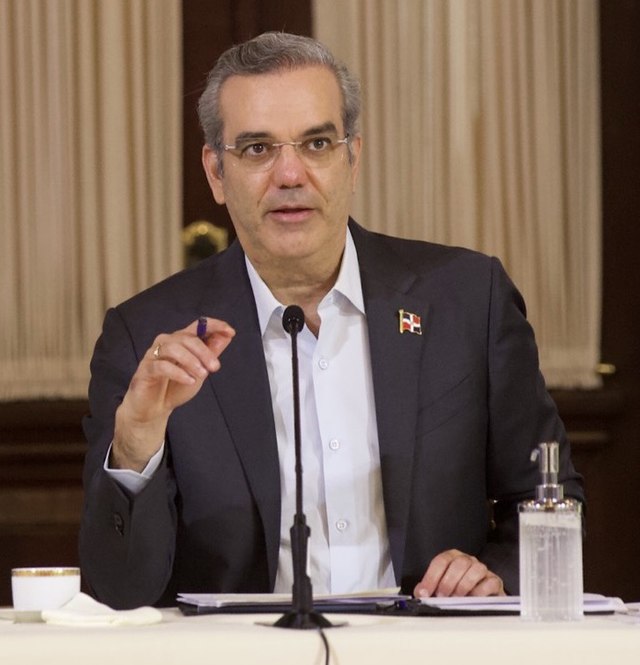(Reuters) – The Dominican Republic is stepping up deportations of Haitians and is creating a police unit focused on foreigners, fueling tensions between the two Caribbean nations whose relations have for decades been marred by migration disputes.
Dominican President Luis Abinader last week issued a decree calling for stepped up migration protocols enforcement and the creation of a police unit to investigate foreigners living in “illegal land occupations.”
Critics in Haiti have noted those plans run counter to a United Nations call for countries not to return citizens to Haiti due to chronic gang violence.
“Prime Minister Ariel Henry is very concerned about the mass deportations that are taking place in the Dominican Republic,” said Jean-Junior Joseph, a spokesperson for the prime minister’s office, in a statement on Wednesday. “We hope that the rights of our citizens are respected.”
The Dominican Republic’s foreign ministry did not immediately respond to an email seeking comment.
U.N. High Commissioner for Human Rights Volker Turk on Nov. 10 called on the Dominican Republic to halt deportations of Haitians, citing violence and systematic human rights violations in their home country.
Abinader in comments broadcast by Dominican media described Turk’s comments as “unacceptable and irresponsible,” saying that the Dominican Republic did not have resources to help more Haitians and adding that authorities would boost deportations.
It was not immediately evident how many Haitians have been deported since the decree took effect.
Jean Bonheur Delva, head of the National Migration Office, told local media on Tuesday the figure was around 50,000 in the last three months.
That period coincided with a humanitarian crisis caused by a six-week gang blockade of a fuel terminal, causing shortages of gasoline and diesel that crippled most economic activity.
Ulrika Richardson, Resident and Humanitarian Coordinator for the U.N. system in Haiti, told reporters on Wednesday that U.N. officials have been working “to promote information sharing and dialogue between the two countries.”

